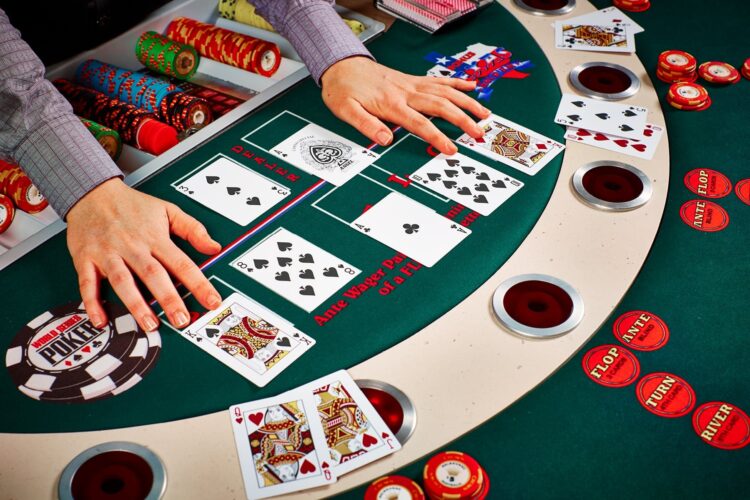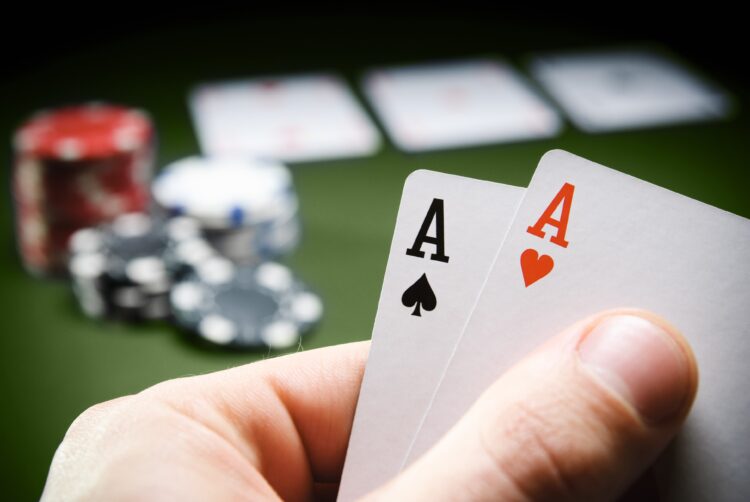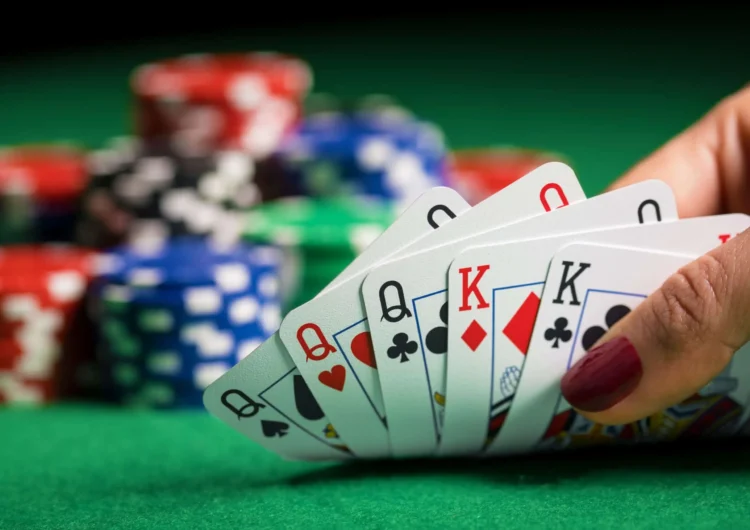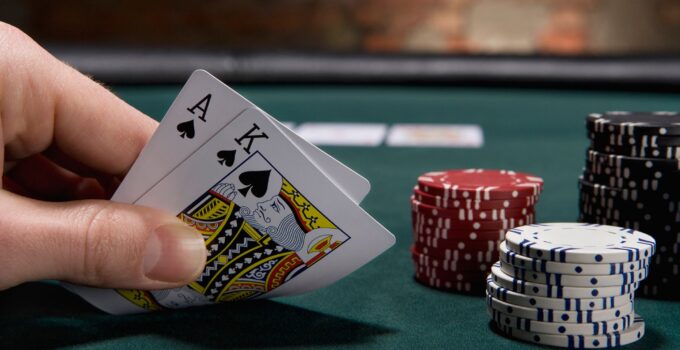People say mastering the art of poker takes years and countless hours at the poker table. But what if we told you you could learn the basics in just 5 minutes? It’s true; with a few simple tips and tricks, anyone can get up to speed quickly on how to play their hand like an experienced pro. So grab your poker cards, and let’s get started!
Page Contents
1. Master the Starting Hands and Betting Strategies

Source: crownmelbourne.com.au
To increase your chances of winning at poker, you must learn about the various kinds of starting hands and determine which ones provide the greatest advantage. Big pairs and high suited connectors are all strong starting hands that you should play aggressively. On the other hand, you’ll want to be more cautious when playing low pairs, off-suit cards, or cards with a large gap.
Knowing when and how much you bet will primarily affect other players’ decisions is also essential. Betting pre-flop signals your opponents about the strength of your hand. You can use this to your advantage by making larger bets to get players out of the pot or by betting small or checking if you want to entice players into the pot.
Protection bets and continuation bets are two popular strategies you can use. A protection bet is made to protect your hand from being outdrawn. It involves making a bet that is big enough to make other players fold or to give them unfavorable pot odds. A continuation bet is made on the flop when you were the pre-flop raiser. Depending on the strength of your hand, this could serve as a bluff or a value bet.
2. Learn The Betting Structures

Source: northernquest.com
Poker has three common betting structures: No-limit, Pot-limit, and Fixed Limit. In no-limit games, players can bet any amount they want at any time during the hand. It makes no-limit games more aggressive, as players can go all in at any moment. Pot-Limit is slightly more restrained, as bets are limited to the size of the total pot (current pot + player’s call). Fixed-limit games are the most conservative, as players’ bets are limited to a pre-determined size.
3. Practice Regularly
To improve your poker game, you must frequently play, whether playing poker online or in person.
Playing on free online poker sites is an excellent way to practice without risking money. You can also join and leave games at any time, and the site allows you to experiment with various strategies as you play against real people with varied styles. Playing in person with friends is another great way to practice. You can use this opportunity to discuss your hands, ask questions, and socialize with friends.
4. Analyze Your Performance

Source: cnbc.com
To enhance your game, take some time after every session to analyze and review your performance. Keep a record of the winning and losing hands, their reasons, and all your mistakes. It will aid you in discovering your weaknesses and areas that require enhancement. You can also watch videos of experienced players playing online to see how they approach different situations.
5. Set Goals for Yourself
Having goals will help you stay focused and motivated to improve your game. Set realistic, achievable goals for yourself each time you play. It could include learning a new strategy, making fewer mistakes, or playing more hands. As you achieve these goals, set more difficult ones that challenge you to take your game to the next level. Be sure to reward yourself when you reach your goals, as this will help reinforce positive behavior.
Discover the excitement of the top three most-followed global poker tournaments to get started on your journey to master the art of poker in no time with our comprehensive guide.
6. Utilize Online Resources

Source: cins.org.rs
To improve your understanding of the complex poker game, utilize various online resources such as tutorials, forums, blogs, and books from experienced players. These valuable resources can enhance your game knowledge, covering everything from basic strategies to advanced concepts. You can also find advice on managing your bankroll and tilt, which are essential skills for any successful poker player.
7. Play Tournaments
As you become more experienced, you might want to consider playing in poker tournaments. These large-scale events allow players to compete for big prizes and can be a great way to test your skills against top-level opponents.
Freeroll tournaments are a great place to start, as they don’t require an entry fee and still offer cash prizes. If you feel more confident, you can try out larger tournaments with bigger buy-ins. Participating in tournaments can be an exciting way to challenge yourself and enhance your abilities in the game.
If you want to quickly master the art of poker, be sure to check out our can’t-lose poker strategy tips for seven-card studs to improve your game in no time.
8. Keep an Eye Out for Bonuses

Source: forbes.com
Many online poker sites offer sign-up bonuses, reload bonuses and special events. These can be a great way to get extra money in your bankroll and give you more opportunities to practice and improve your game. Be sure to check the terms and conditions of each bonus, as they may have wagering requirements or other restrictions.
Conclusion
If you want to excel in art of poker, it requires commitment and training. You can enhance your skills by implementing these suggestions into your gameplay. Keep in mind that learning the game can be an exciting challenge, so always remember to have fun! If you’re ready to start playing, check out GGPoker, the world’s largest poker room!





